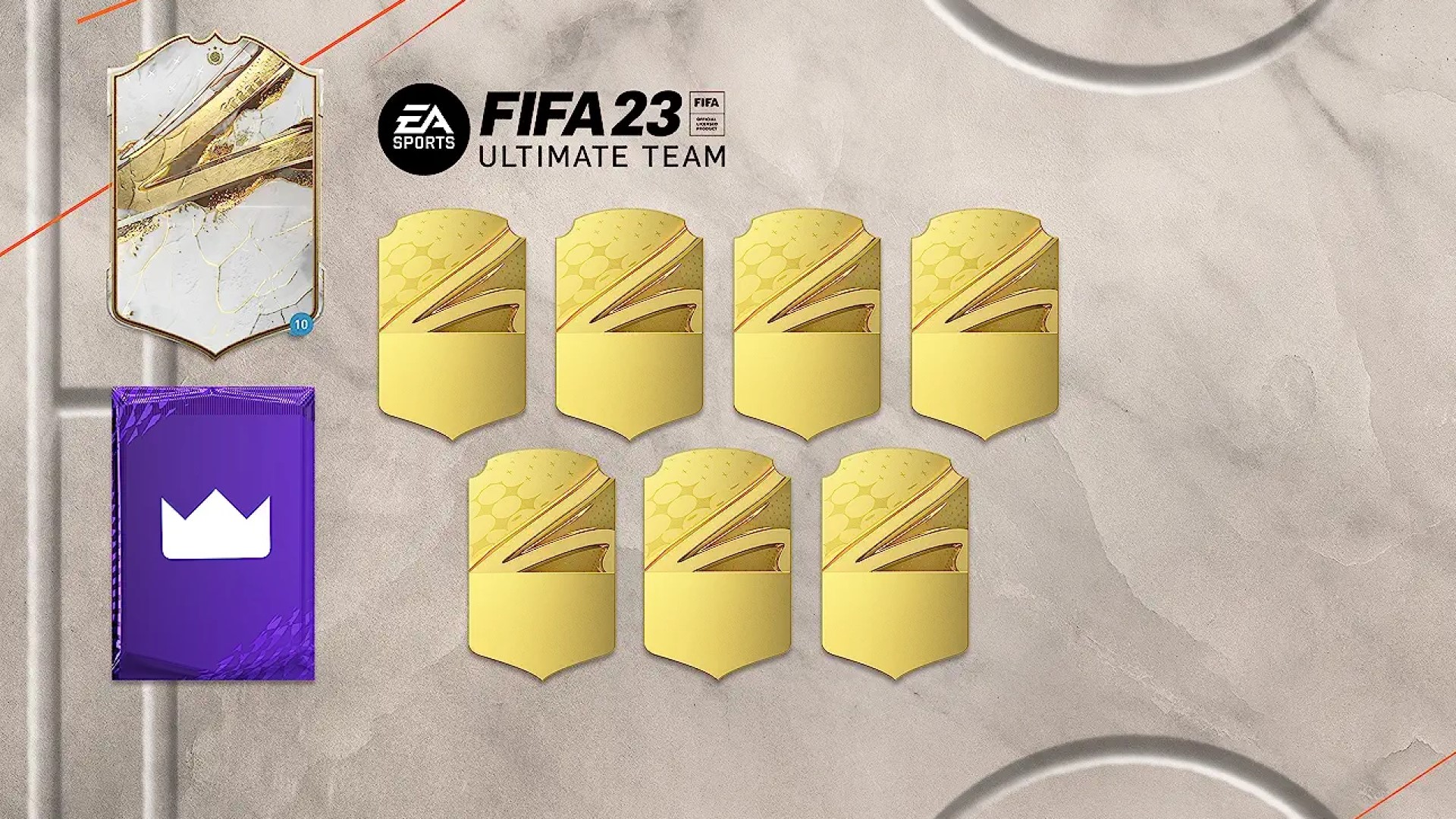New Australian video game classifications aim to restrict kids’ exposure to loot boxes
Video game classifications are set to be overhauled in Australia starting from Monday, September 22 to help curb the exposure of “gambling-like” content. This includes loot boxes and could affect some of the biggest games like NBA2K, EA Football Club and Madden.
First introduced last year, the changes to Australia's Guidelines for the Classification of Computer Games 2023 include two new mandatory classifications – one for games "containing elements of chance" that will be classified as 'M' (Mature or not recommended for children under 15 years of age), while games "containing simulated gambling" will receive an R 18+ rating.
According to these new guidelines, the 'M' classification is an advisory rating, while the R18+ classification is a legal restriction, meaning only people meeting that age requirement can be sold that game. Here is a quick breakdown of how these new classifications will affect video games going forward:
- M (Mature – not recommended for children under 15 years of age): Games containing "elements of chance" loot boxes or random rewards that can be purchased with real-world currency, either directly or through in-game currency
- R 18+ (Restricted to adults only): Games that solely consist of "simulated gambling" activities, such as slot machine simulators or roulette wheels and those that have interactive activities such as slot machine simulators, roulette wheels or other age-restricted gambling or betting services (like an RPG with slot machines players can use)

According to the Australian government, these guidelines will now be in line with those of the rest of the world. The ESRB ratings in the United States (and Canada and Mexico) don't work off the same system as Australia, although its E (everyone), E+ (everyone 10+), T (Teen), M (Mature 17+) and A (Adults Only 18+) classifications provide a similar result.
While the two ratings systems are similar, the new Australian classifications are actually stricter than that of the ESRB, as they will restrict "simulated gambling" to adults only, while gambling with real money earns the 18+ rating under ESRB classification.
Thankfully only new game releases will be subject to updated classifications, although some existing titles will be reclassified if they’ve added gambling-related content after the guidelines come into effect on September 22.
What does this actually change?
It's clear that social casino games like Zynga Poker and Slotomania – which solely simulate real-life gambling – will be classified as R 18+. But what about a game like Red Dead Redemption 2, which has an MA-15+ rating? It has a very realistic Poker game that doesn't use or require real currency. There are also several futuristic ways to gamble in the recent M-rated Star Wars Outlaws.
While, as with any restrictions, there is room for leniency and rule-bending – as there are no actual poker machines – if the guidelines are strict, they would be R 18+ if rated after September 22.There will undoubtedly be stories of games fighting against the Australian ratings board in the coming months, but any step against the normalization of gambling is a positive one. Adults can do as they please, but gambling has long been a societal issue, and Australian children are constantly being bombarded with advertisements from betting agencies.
The real change will come to games aimed, or previously aimed, at children and young teenagers. Previously mentioned sports games like Madden and FIFA have long-used loot boxes as well as kid-friendly mobile games like Super Mario Run, but it was really Overwatch and Star Wars: Battlefront 2 in 2016 and '17 that brought them into a negative spotlight. In fact, according to a 2020 study published in the Plos One journal, the amount of gamers exposed to loot boxes rose from just 5.3% in 2010, to 71.2% in 2019.
There is some proof that loot boxes and similar systems have a negative impact on children and the gaming industry is only getting bigger, which means there will only be more little ones playing video games. How well the new classification will help curb them risking 100 virtual coins on a 1% chance to get a golden donkey through a loot box remains to be seen.

